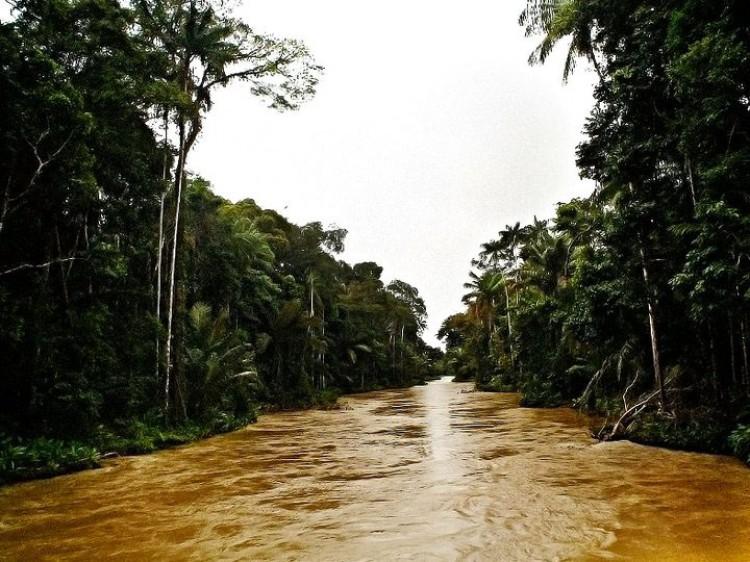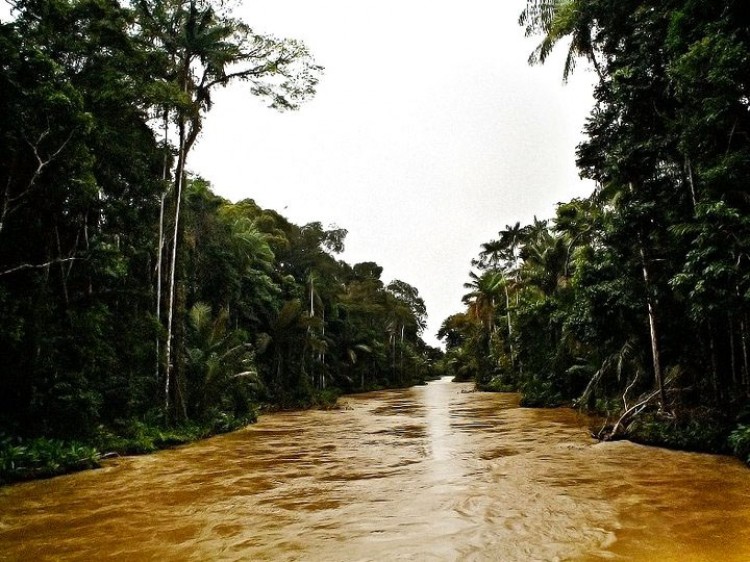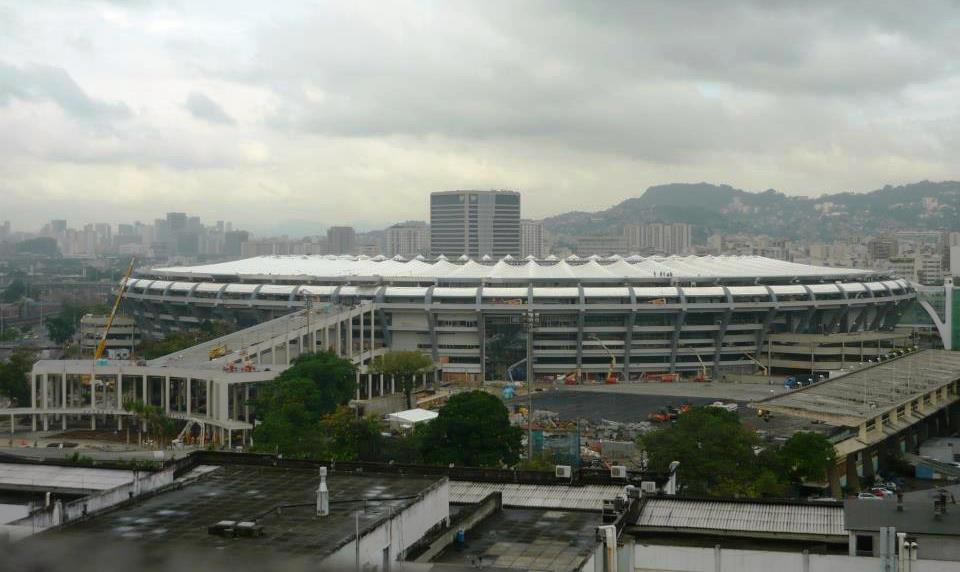Controversial Brazilian Forest Bill Passes House
After being postponed three times in recent weeks, then a final, grueling overnight debate, Brazil’s House of Representatives voted this week to approve the country’s hotly contested new Forest Code.
|Updated:





